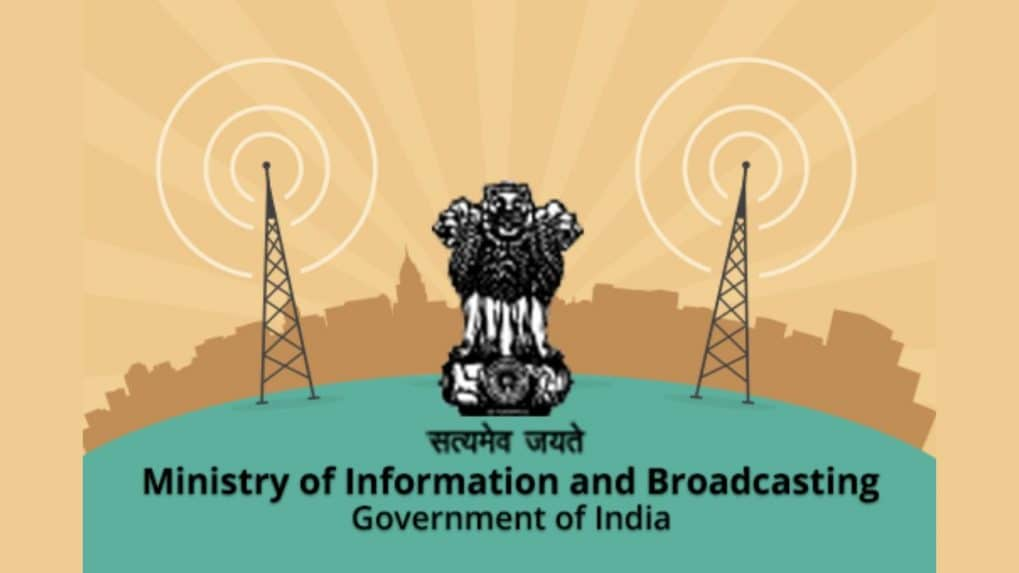DNPA urges government to exempt GST for epapers, digital news subscriptions
Currently, printed newspapers and journals are exempted from GST while online news subscriptions are taxed at 18 percent under the Integrated Goods and Services Tax (IGST) Act.
ADVERTISEMENT
The Digital News Publishers Association (DNPA) has now urged the Indian government to exempt Goods and Services Tax (GST) on e-papers and digital news subscriptions. DNPA stated that whether news is transmitted via printed newspapers or through digital platforms, it is imperative that news content is made easily accessible; at affordable rates.
Recently, Information & Broadcasting (I&B) Ministry had requested the Ministry of Finance to reconsider the Goods and Services Tax (GST) rate applied to digital news subscriptions. Currently, printed newspapers and journals are exempted from GST while online news subscriptions are taxed at 18 percent under the Integrated Goods and Services Tax (IGST) Act.
DNPA said, "In support of our contentions, but without prejudice to our request for an absolute exemption from the levy of GST, DNPA has requested decision of the GST Council vide which a disparity in the rates of GST applicable on printed books and their electronic versions i.e., e-books was corrected."
DNPA, an association of top media organizations also said, "Up until the decision of the GST Council in 2018, while printed books were falling under Heading 4901 were exempt from the levy of GST, their electronic versions i.e., e-books were taxed at the rate of 18%. However, in 2018, the GST Council reduced the GST rate on e-books from 18% to 5%. DNPA feels that at the least, a similar course of action be adopted for e-papers and the exemption be made absolute in due course."
In a letter dated July 22, I&B Secretary Sanjay Jaju appealed to Revenue Secretary Sanjay Malhotra to either eliminate the GST on these subscriptions or reduce it from the current 18 percent to 5 percent.
At present, printed newspapers, journals, and periodicals are exempted from GST, while online news subscriptions, which fall under the Online Information Database Access and Retrieval (OIDAR) services category, are taxed at 18 per cent under the Integrated Goods and Services Tax (IGST) Act.
In the letter, Jaju highlighted that traditional newspapers are exempted from GST, citing the importance of providing citizens with accurate and factual information. He pointed out that a similar adjustment was made in 2018 when the GST Council reduced the tax on e-books from 18 per cent to 5 per cent, addressing the disparity between printed books and their digital counterparts.
"The number of paid subscribers for online news in India is very small as compared to the overall number of users accessing news on the internet. In this regard, it is observed that a higher rate of GST on digital news subscriptions may skew further growth of the online news sector towards an advertising model which may impact the quality and credibility of the news content on the internet through practices such as the use of clickbait and sensational headlines, and fake and misleading news, etc," the letter read.
The letter further states, "Recognizing the significance of the availability of correct and actual information for the citizens of the country, printed newspapers are exempted from GST. With the growing internet penetration in India and the nascent stage of the online news industry, it may be appropriate that online news subscriptions are treated at par with printed newspapers or ebooks for the purpose of GST.”
He stated that the 18 percent GST on the Rs. 120 crore online news subscriptions industry brings tax revenue of about Rs. 21.6 crore. Accordingly, if the GST on digital newspaper subscription is brought down from 18 percent to Nil, or to 5 percent at par with e-books, it may not lead to substantial revenue forgone by the Government exchequer.

